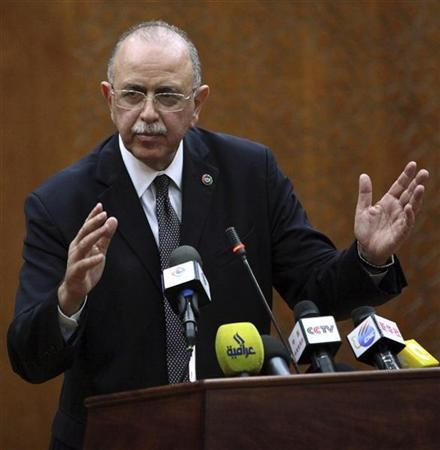William Hague Backs Libya's New Prime Minister

Following the election of Abdel Rahim al-Kib as the new Libyan Prime minister earlier this week, the UK Foreign Secretary William Hague Tuesday welcomed the appointment of the academic.
"This represents another important step forward for Libya as the country looks to build a new society after years of tyrannical misrule under Gaddafi. A future transitional government, headed by a credible Prime Minister, has a key role to play in creating a better Libya," he said in a speech in Westminster.
"I welcome the new Prime Minister's commitment to build a state which respects human rights," he added.
Mr al-Kib, originally from the Libyan capital Tripoli, was elected ahead of four other candidates in the first round. He secured a majority of 26 of the 51 votes cast by members of the National Transitional Council (NTC).
Having declared the "liberation" of Libya three days after the capture and killing of the country's former dictator, Col Muammar Gaddafi on Oct.20, the NTC has launched a plan for a new Libya with a general election to be held in 20 months.
A transitional government, headed by Mr al-Kib, is to organise the election of a 200-member assembly, or "general national congress", within the next eight months.
The NTC has said it will step down once the congress takes over responsibility as the legitimate representative of the Libyan people.
Rumours have been growing in the aftermath of the Libyan revolution that more extreme factions are likely to take control of the country. The black flag of al-Qaeda was spotted flying over a Benghaz I courtroom Tuesday, stoking fears that the growing influence of the terrorist network may be a threat to Libya's future stability.
© Copyright IBTimes 2025. All rights reserved.





















